In this first episode of the Startups Without Borders Summit series, we interview the thought-provoking entrepreneurs, investors, and industry leaders that inspired the audience for two thrilling days.
By SWB Team
For two days on November 8th and 9th, the Startups Without Borders Summit brought together the fierceless entrepreneurs, brave investors, and industry leaders that are reshaping narratives and creating new realities.
From Tim Docking, Managing Director of the Refugee Investment Network, to Egyptian social media powerhouse Amy Mowafi, to Daniela Cicchella, a trailblazer pioneering storytelling in the UNHCR for and by refugees, these are the movers and shakers of a new movement in the making.
As we launch the second season of the podcast, our partners at Arcast Abdullah, Mariam, and Hazem take a tour across the halls networking hubs of the summit to interview them.
1. Hassan Hijazi
“There are more than 1.7 billion people who don’t have bank accounts around the world. Many of them have great ideas for entrepreneurial activities or business to start. We bring these people to micro-finance institutions, to apply for a loan through Kiva. It’s people who lend people,” says Hassan Hijazi, storytelling and impact expert at Kiva.org. This massive platform crowdfunds loans for students to be able to pay for tuition, women to start businesses, farmers are able to invest in equipment and families to afford emergency care.
“Banks see refugees as risk, and that’s a huge challenge for them. But Kiva’s studies show that the repayment rate of refugees is of 96 percent.”
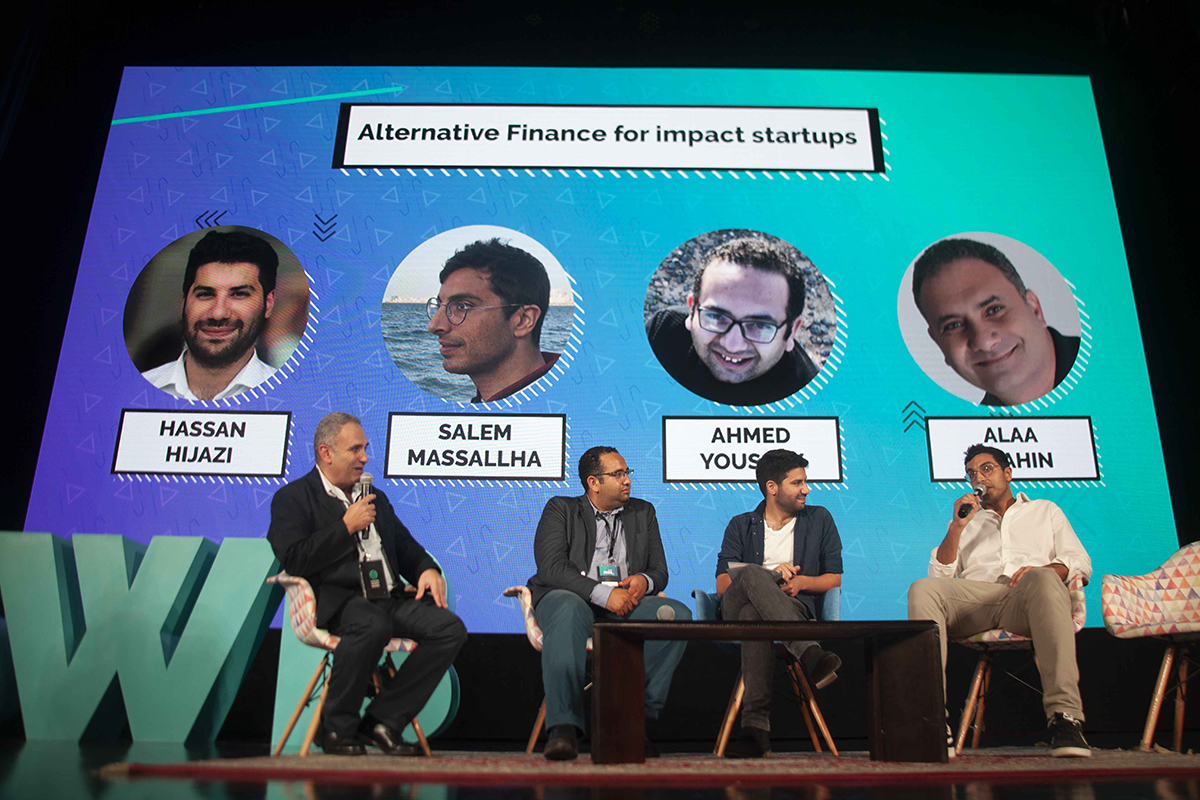
Hijazi was part of a panel about Alternative Finance for startups, organized in partnership with UNDP Egypt’s Innovation Lab. Kiva’s solution, focused on peer-to-peer crowd-lending, provides a viable solution for businesses founded by those who can’t access bank accounts.
“Banks see refugees as risk, and that’s a huge challenge for them. But Kiva’s studies show that the repayment rate of refugees is of 96 percent,” says Hijazi, a US-based journalist and media expert who originally hails from Jordan, and has dedicated his life to utilizing the power of storytelling to make a difference.
2. Tim Docking
“Today there is more forcibly displaced people than there have ever been around the world, and the traditional response of the humanitarian community is just not enough to respond to this. We try to bring the private and the finance sector to bare. We are really finding a lot of interest on both sides,” he says.
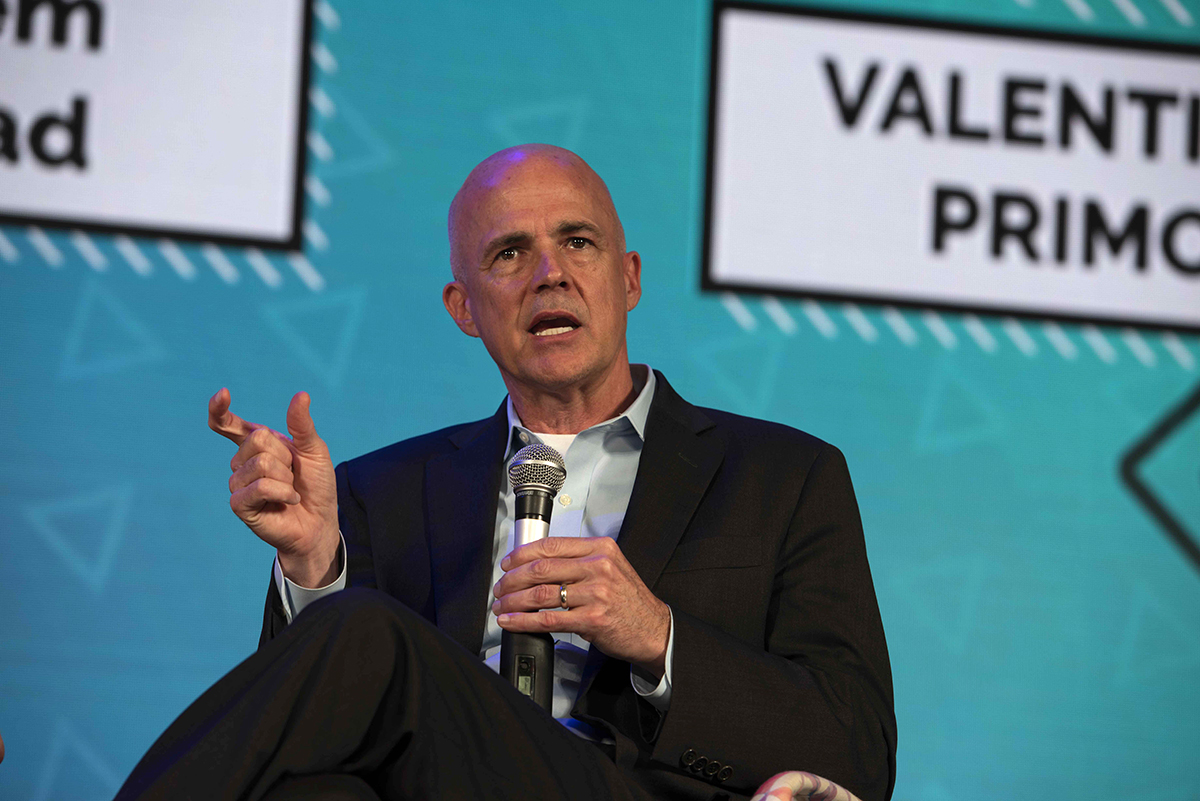
Tim Docking is the Managing Director of the Refugee Investment Network (RIN) for the Refugee Investment Network (RIN), the first impact investing and blended-finance collaborative dedicated to creating long-term solutions to global forced migration.
“The Refugee Lens is a way of seeing the marketplace and segmenting it. We would like to help identify and create intentional investment to help organizations and individuals to attract capital and grow.”
Docking says that there is a lot of capital that is on the sidelines now in the form of religious capital, impact funds, and family funds who are aware of the refugee crisis, and are interested in taking action. His fund, RIN, has just launched its first $500 million fund in Jordan, in partnership with 17 Asset Management and the SDG Fund, whose investment representative Nisreen Haddad, was a speaker at the summit as well. Haddad and Docking shared a panel with Hazami Barmada, founder of The Global People’s Summit, and Startups Without Borders’ CEO Valentina Primo.
“The Refugee Lens is a way of seeing the marketplace and segmenting it. We would like to help identify and create intentional investment to help organizations and individuals to attract capital and grow,” he explains.
3. Farida Matta
“There is a misconception that social enterprises have lower rates on return and focus more on impact rather than returns. This is why we are addressing impact investing, so that we can help startups unlock opportunities for funding,” says Farida Matta, Innovation Lab Coordinator at UNDP. “But you can be both socially driven and achieve financial results,” she explains, highlighting the organization’s efforts to create an access to finance program – through their Innovation Lab – to help startups that have a social impact unlock and leverage their impact to access funds.
“There is a misconception that social enterprises have lower rates on return and focus more on impact rather than returns.”
The organization partnered with the Startups Without Borders to raise the movement and the conversation around Impact Investment and social enterprises in the Middle East, hosting a series of panels and workshops focusing on Impact Investment, and alternative finance models such as crowd-lending, click-funding, and peer to peer lending.
“Startups Without Borders focuses on entrepreneurs that come from very diverse backgrounds; who had great challenges to be where they are, and yet are great innovators, and have fantastic ideas that address social challenges and try to improve and develop their home countries, but also to integrate refugee communities into their newly placed homes,” she says.
4. Daniela Cicchella
“Telling the Real Story started trying to raise awareness within communities. The particular element in this project is that it was born to enhance intra-community dialogue – refugee to refugee communication – in order to alert about the risk of irregular movements, for people to make informed choices. But then the project went beyond, trying to identity and alert people about the opportunities.”
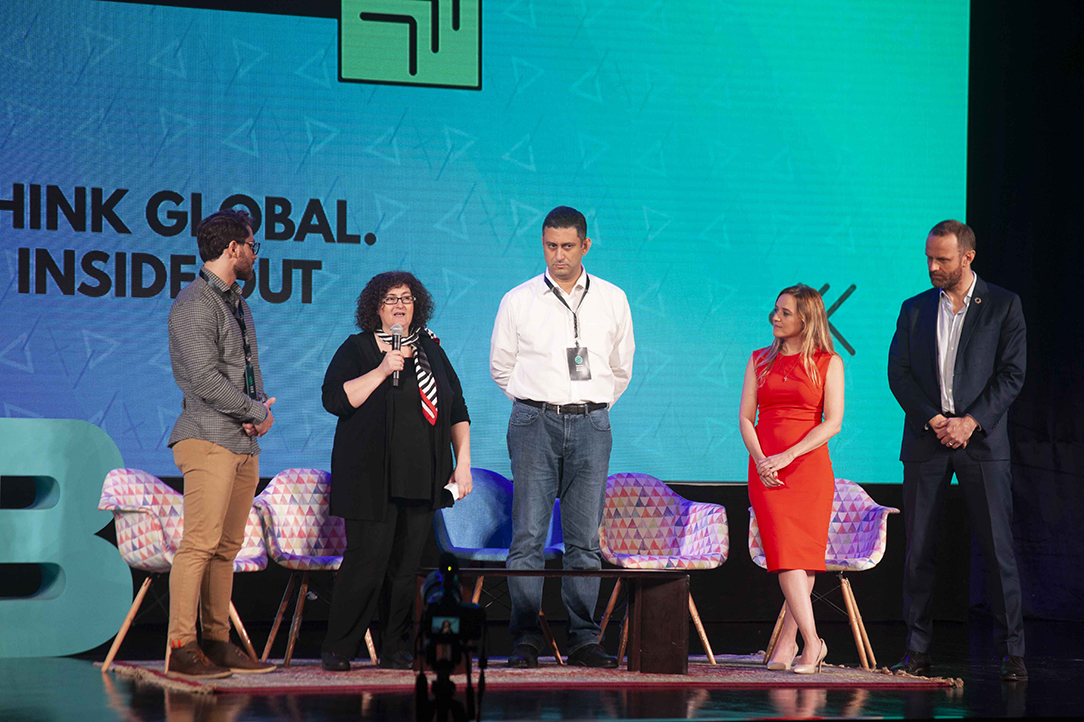
“Creating solutions means opening more areas and fields for individuals to express their ideas and hopes; but also enhancing their skills and using the creative industry as an opportunity to create jobs in the future.”
The project, and UNHCR, co-hosted the summit, in an effort to bring together ideas, hope, opportunities for refugees, meeting possible investors, and make sure there are opportunities for becoming entrepreneurs themselves,” she said, highlighting that Telling the Real Story Particularly focuses on Storytelling as a method. Why storytelling? “Because it can inspire and alert people about both risks and opportunities,” she says.
“Creating solutions means opening more areas and fields for individuals to express their ideas and hopes; but also enhancing their skills and use the creative industry as an opportunity to create jobs in the future,” she says.
5. Christa Awuor Odinga-Svanteson
What are the stories refugees are reading? What stories are informing their decisions? These questions and their answers inspired Telling the Real Story to create a new narrative, written not only for but also by refugees. “Refugees and refugee children can be exposed to wrong narratives that might lead them to make a wrong decision, because of how it’s been packaged,” says Christa Awuor Odinga-Svanteson, Project Manager for Telling the Real Story.
“In storytelling, you want to share the success stories, but it is also very important to share the ability of people who don’t give up, that no matter how many times they fail, they keep trying.”
Aside from talks on stage, the TRS project held a workshop on Storytelling and the Creative Economy, focusing on offering entrepreneurs-to-be the tools to create and launch their own content platform. “We are using Telling the Real Story as a best practice tool for entrepreneurs to reach out to communities. They need to know the target audience, the language people speak, where the audience is getting the information, what is the kind of information that the audience trusts, so they can be able to launch their ventures in trustworthy spaces that the community resonates with. It’s not just copy-pasting, you have to tailor-make your idea to suit the population.”
Awur Odinga-Svanteson was particularly touched by Chaker Khazaal’s speech, which narrated the immense resilience of a young refugee entrepreneur seeking to thrive. “In storytelling, you want to share the success stories, but it is also very important to share the ability of people who don’t give up, that no matter how many times they fail, they keep trying.”
6. Amy Mowafi
Dubbed the “Queen of social media,” Amy Mowafi is the mindmaster behind Mo4 Network, a media powerhouse that has been disrupting the media landscape, uncovering fascinating stories, and reshaping the entire narrative of the Middle East, for almost a decade.
Amy moderated the panel titled “Entrepreneurship is survival,” with Omar Samra and Omar Nour, who narrated their journey as they embarked on a mission to row across the Atlantic Ocean, and dedicating their row to raising awareness of the global refugee crisis, but capsized during the journey and faced a dramatic quest that is now the film “Beyond the Raging Sea,” directed by globally-renowned director Marco Orsini.

“I don’t think there is anyone in the region doing what Startups Without Borders is doing in that holistic way. It’s not just an ecosystem, not just a training platform, but all of those things combined. Plus, being the founder Valentina Primo a storyteller at heart, when you combine all of those things and shine a powerful spotlight on refugees who are struggling within the ecosystem, so have something very powerful with huge potential to create meaningful, impactful, and lasting change.”
Listen to the full interviews on the Startups Without Borders podcast, on Apple Podcasts, Spotify, Spreaker, Google podcasts, Castbox. or Stitcher.
Photos: ©Startups Without Borders.

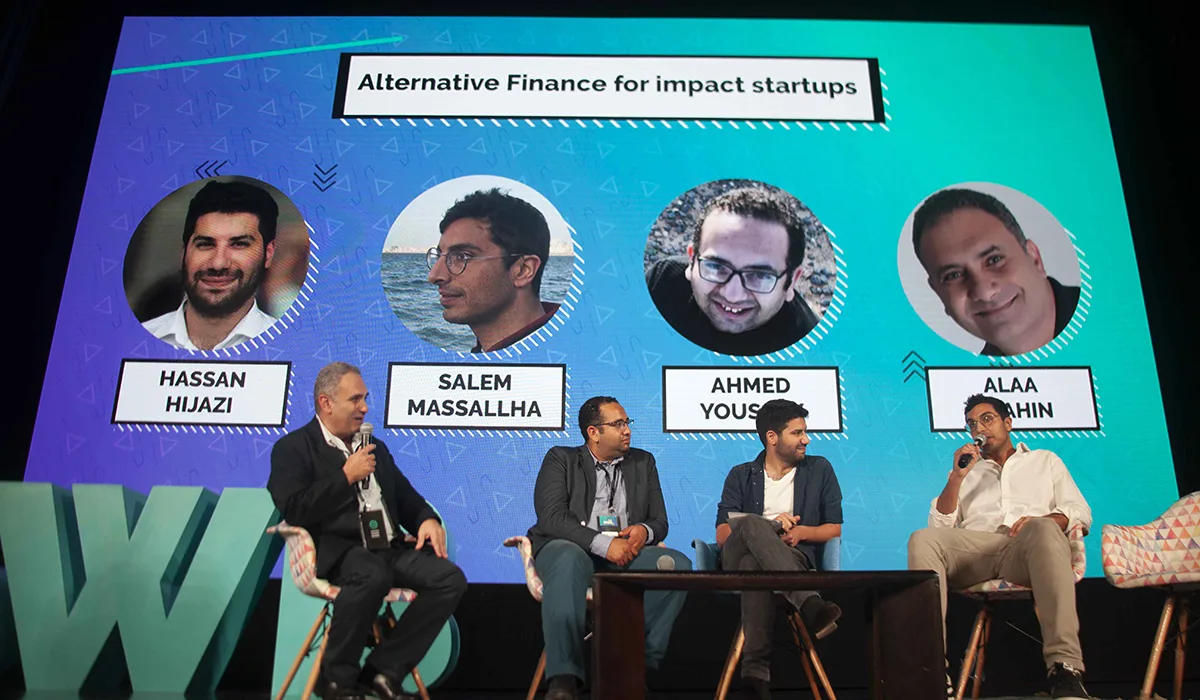
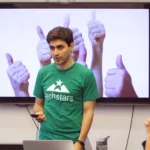






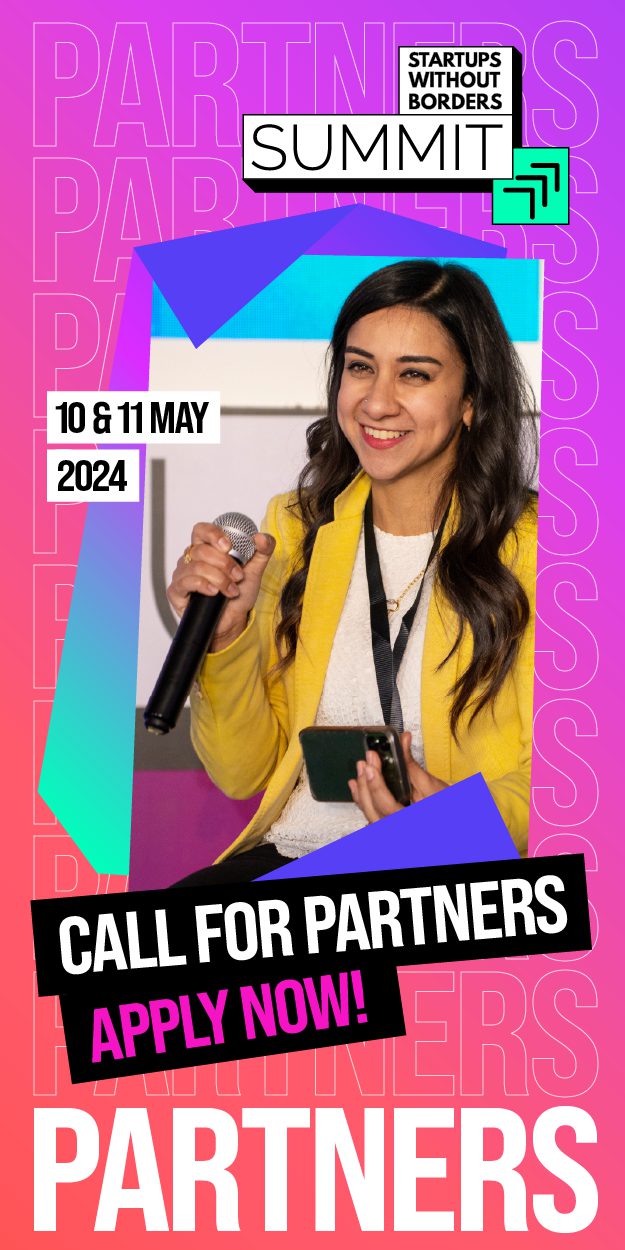





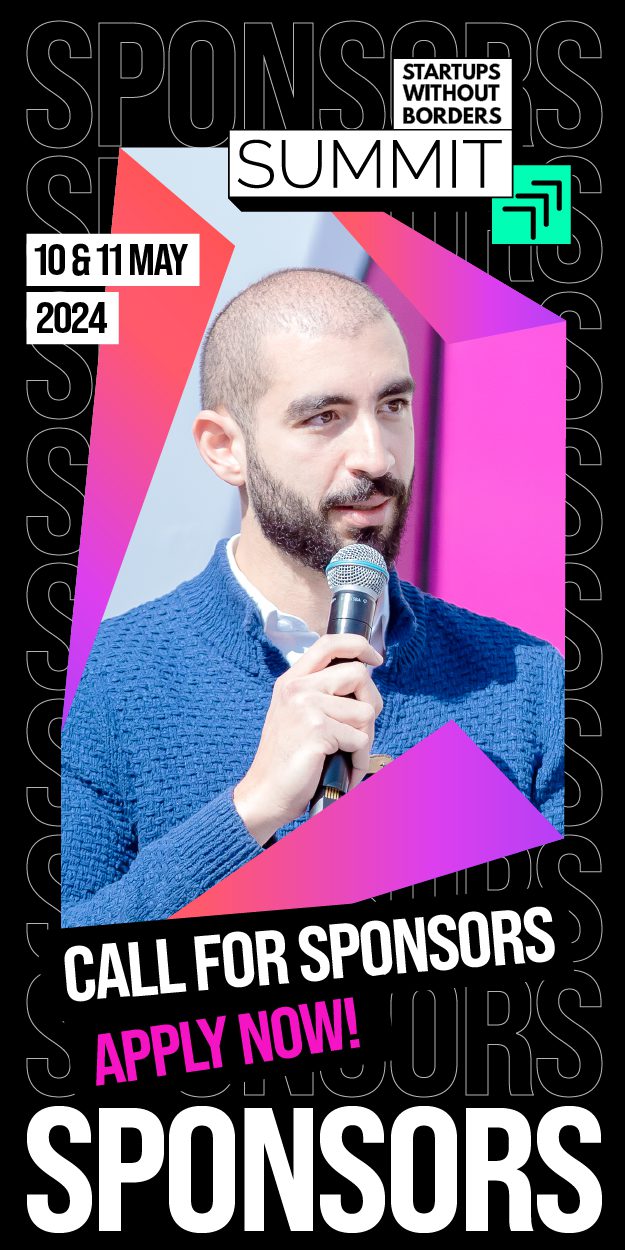
where can i buy acetaminophen
Podcast: 6 Thought-Provoking Voices from the Startups Without Borders Summit – Startups Without Borders
viagra suppliers
Podcast: 6 Thought-Provoking Voices from the Startups Without Borders Summit – Startups Without Borders
female viagra pills
Podcast: 6 Thought-Provoking Voices from the Startups Without Borders Summit – Startups Without Borders
chloroquine otc
Podcast: 6 Thought-Provoking Voices from the Startups Without Borders Summit – Startups Without Borders
buy hydroxychloroquine online uk
Podcast: 6 Thought-Provoking Voices from the Startups Without Borders Summit – Startups Without Borders
marley drug sildenafil
Podcast: 6 Thought-Provoking Voices from the Startups Without Borders Summit – Startups Without Borders
cialis 20mg
Podcast: 6 Thought-Provoking Voices from the Startups Without Borders Summit – Startups Without Borders
buy viagra with discount
Podcast: 6 Thought-Provoking Voices from the Startups Without Borders Summit – Startups Without Borders
price of lumigan at walmart
Podcast: 6 Thought-Provoking Voices from the Startups Without Borders Summit – Startups Without Borders
cialis online
Podcast: 6 Thought-Provoking Voices from the Startups Without Borders Summit – Startups Without Borders
viagra 32
Podcast: 6 Thought-Provoking Voices from the Startups Without Borders Summit – Startups Without Borders
how to get viagra
Podcast: 6 Thought-Provoking Voices from the Startups Without Borders Summit – Startups Without Borders
buy chloroquine phosphate
Podcast: 6 Thought-Provoking Voices from the Startups Without Borders Summit – Startups Without Borders